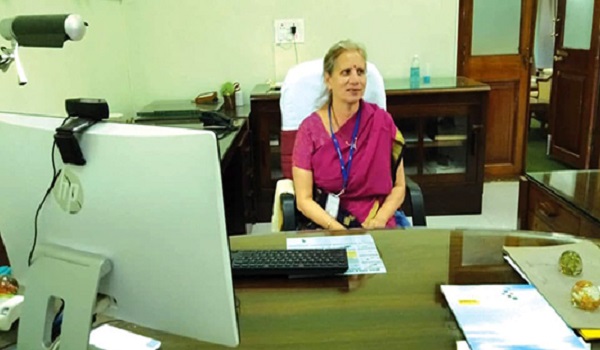The Indian food industry recognizes the potential of harmonizing food safety standards to strengthen its global market presence. Despite being a major food producer, India’s international presence in this sector is limited. However, integrating technologies such as Blockchain, IoT, and AI can ensure accurate and consistent food safety practices across the entire value chain, addressing current challenges.
During the India Food Safety Conclave, Sridevi Annapurna Singh, director of CSIR-CFTRI, Mysuru, emphasized the importance of ensuring safety practices from agriculture to post-harvest stages. Careful examination of seeds, soil, water, fertilizers, and the moisture content of produce is crucial to mitigating potential health risks associated with food. Instances of unsafe food contamination at various stages have highlighted the need for strict safety protocols.
According to the World Health Organization, one in ten people worldwide falls ill due to food safety issues. Microbiological contamination, food additives, veterinary drug residues, toxic metal content, environmental factors, and allergens contribute to unsafe food.
Sridevi Annapurna Singh stressed the need for India to accelerate its efforts in food safety through the implementation of a rapid food safety management system, robust packaging and labelling practices, and efficient testing and validation protocols.
Dr. Sanu Jacob, director of the National Food Laboratory, Chennai, FSSAI, highlighted the importance of transparency and traceability in food supply chains. Data-driven blockchain verification, authentication, contaminant analysis, spoilage prediction, automation, and strengthening of laboratories are essential elements to enhance the Indian food industry. However, augmenting the existing laboratory infrastructure is crucial, as India currently has only 232 food labs catering to a population of 1.4 billion. The establishment of labs in every district is considered necessary to ensure comprehensive food safety measures.


